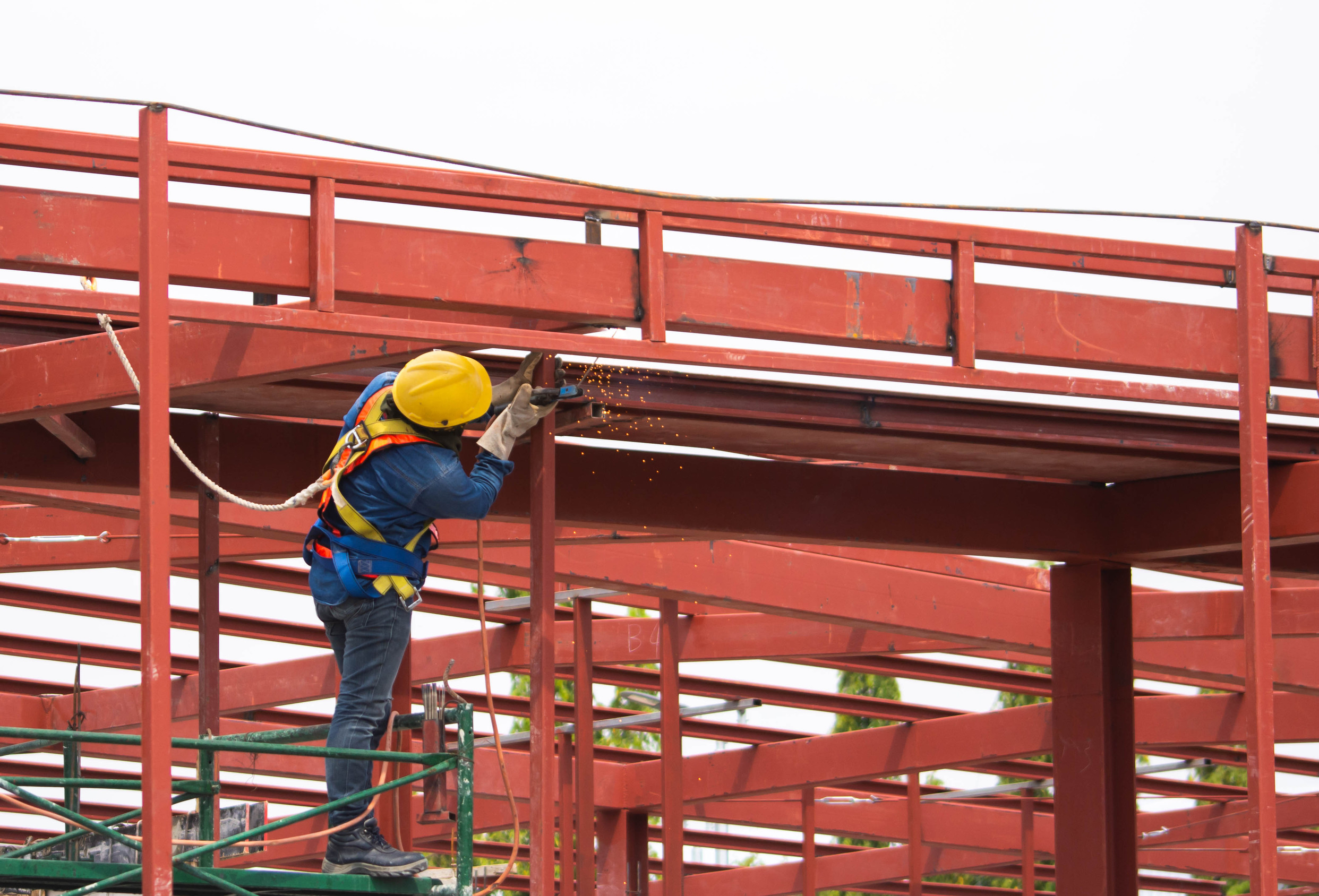2 min read
Chavez-Deremer v. Miller: Employer Cannot Evade OSHA by Refusing Mail
Joe Whitcomb
:
October 25, 2025

Background
Elmer Miller, doing business as Miller Building Systems, LLC, operated a construction business in Arcola, Illinois. In 2022, the Occupational Safety and Health Administration (OSHA) issued Miller a citation for failing to provide fall protection for workers performing elevated construction work. The citation was sent to Miller by certified mail, as required under the Occupational Safety and Health Act. Delivery records showed that someone at Miller’s business address twice refused the certified mail, causing it to be returned as “refused.” OSHA then resent the citation to the same address by United Parcel Service (UPS), which recorded the delivery as received by Miller.
Procedural History
Under the Act, employers have fifteen working days from receipt of a citation to file a notice of contest with the Occupational Safety and Health Review Commission (Commission). If no contest is filed, the citation becomes a final order enforceable in federal court. Miller did not file a notice of contest within the required timeframe. On July 30, 2024, the Secretary of Labor petitioned the U.S. Court of Appeals for the Seventh Circuit for summary enforcement of the Commission’s final order. Miller opposed the petition, arguing that he never received the citation and that OSHA failed to properly serve him.
Service and Notice Arguments
Miller claimed that OSHA sent the citation to an incorrect address and lacked proof of receipt. He asserted that his correct business address was 435 East County Road, while OSHA had sent the citation to 433 East County Road. OSHA responded that both addresses were owned by Miller Building Systems and that Miller had used the 433 address for prior correspondence and official filings with the agency and local government.
Miller also argued that OSHA’s use of UPS, rather than certified mail, violated the statute. The Secretary of Labor countered that alternative methods of service were permitted when certified mail was refused, citing OSHA’s Field Operations Manual and prior administrative decisions allowing service by courier when certified mail delivery was unsuccessful.
Court’s Analysis
The Seventh Circuit reviewed whether OSHA’s service satisfied the Act’s notice requirements and whether due process was met. The court noted that due process does not require actual receipt of notice, only that the government’s efforts be reasonably calculated to inform the party of the action. It found that OSHA’s certified mail, though refused, constituted a reasonable attempt to provide notice. Once the mail was twice refused, OSHA acted reasonably by resending the citation via UPS.
The court observed that allowing employers to evade enforcement simply by refusing certified mail would undermine the Act’s purpose. It also noted that Miller had a history of avoiding service of OSHA citations, requiring the agency to use private process servers in prior cases. Public records showed that Miller and his company used the 433 address for business operations, vehicle registrations, and court filings, confirming it as a valid service address.
Judicial Notice and Findings
The court took judicial notice of public property and tax records listing Miller Building Systems at the 433 address. It also reviewed evidence showing that Miller himself had identified the same address in past OSHA proceedings and litigation. The court concluded that OSHA’s service was “reasonably calculated” to provide notice and that Miller’s repeated refusals to accept mail could not invalidate service.
Court’s Ruling
On September 10, 2025, the Seventh Circuit granted the Secretary of Labor’s petition for summary enforcement under 29 U.S.C. § 660(b). It held that OSHA’s mailings to the 433 address satisfied statutory and constitutional notice requirements and that Miller’s refusal to accept service did not excuse noncompliance. The Commission’s final order imposing penalties for safety violations was therefore enforced.
Assistance with OSHA Safety Matters
If your business is dealing with workplace safety citations, compliance challenges, or OSHA investigations, Whitcomb, Selinsky PC assists with OSHA safety matters. Contact our team to learn how we can help you address enforcement actions and maintain regulatory compliance.


